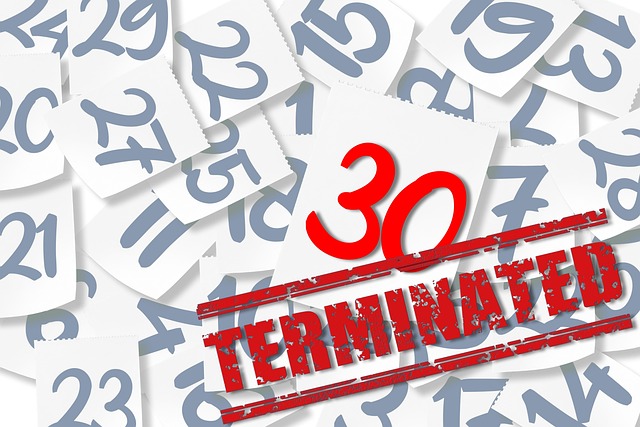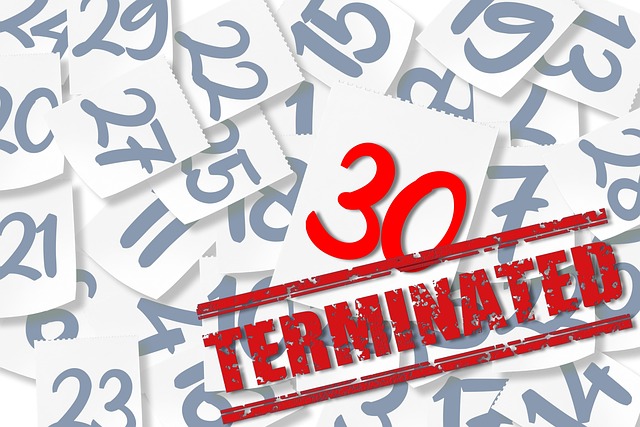Oregon's meticulously regulated support enforcement process prioritizes financial responsibility and well-being for dependents. It involves custodial parents filing petitions, court orders, wage garnishment, license suspension, and tracking progress through online platforms. Non-paying parents are located via data matching, credit reports, and public records. The Oregon Child Support Enforcement (OCSE) agency facilitates legal actions like asset levies and property liens when support obligations aren't met. Resources like the DHS, legal aid organizations, and non-profits guide parents through enforcement, ensuring compliance with Oregon's support payment laws.
In Oregon, enforcing support payments is a crucial process for ensuring financial security for children. This comprehensive guide navigates the key steps involved in the support enforcement process, from understanding state laws to tracking progress. We explore initiating the process, locating non-paying parents, and available legal actions. Additionally, we provide rights and resources for affected parents and insights into maintaining enforcement efforts. By following these steps, individuals can effectively enforce support payments legally in Oregon.
- Understanding Oregon Support Payment Laws
- Initiating the Support Enforcement Process
- Locating and Contacting Non-Paying Parents
- Legal Actions for Enforcement
- Rights and Resources for Parents Affected
- Maintaining and Tracking Enforcement Progress
Understanding Oregon Support Payment Laws

In Oregon, enforcing support payments is a meticulous process designed to ensure financial responsibility and well-being for dependents. The state’s support payment laws are governed by specific regulations that dictate how much, when, and to whom payments should be made. Understanding these laws is crucial for both payors and recipients to navigate the support payment process effectively. Oregon’s Department of Human Services plays a pivotal role in managing and enforcing these payments, utilizing various methods including wage garnishment, driver’s license suspension, and other legal support enforcement tactics.
The state provides resources and guidance to help individuals enforce support payments legally. This includes straightforward procedures for establishing paternity or custody agreements, as well as mechanisms for modifying support orders based on life changes like employment shifts or dependent needs. By adhering to these legal channels, Oregon residents can ensure that support payments are managed fairly and efficiently, fostering stability within families and communities.
Initiating the Support Enforcement Process

Initiating the support enforcement process in Oregon involves several key steps designed to ensure that both parents fulfill their financial obligations towards their children’s well-being. The first step is for the custodial parent or guardian to file a petition with the Oregon Court System, initiating legal support enforcement proceedings. This document outlines the request for child support, spelling out the specifics of the payments, including the amount, frequency, and any additional requirements such as health insurance coverage.
Once filed, the court will review the petition and issue an Order for Support, which legally binds both parents to the agreed-upon payment terms. This order serves as a cornerstone of the support enforcement process, providing a clear framework for collecting and disbursing funds. The non-custodial parent is then notified of this order, marking the official beginning of the enforcement phase, where various methods, including wage garnishment and direct debit, are employed to ensure compliance with the court-mandated support payments.
Locating and Contacting Non-Paying Parents

Locating and contacting non-paying parents is a crucial step in the Oregon support enforcement process. The state utilizes various methods to identify and reach out to parents who have fallen behind on their support payments, including data matching with government databases, credit reporting agencies, and public records searches. Once identified, efforts are made to establish direct communication through mail, phone calls, or even personal visits. It’s important that all correspondence is well-documented to serve as a record of attempts to enforce support payments legally.
Oregon child support enforcement agencies play a vital role in facilitating this process by maintaining up-to-date information on parents’ employment, assets, and whereabouts. They may also employ specialized units dedicated to locating non-paying parents, especially those who have moved out of state or become financially unstable. By leveraging these resources, the support payment process becomes more efficient, increasing the likelihood of recovering outstanding debts and ensuring financial stability for the child’s future.
Legal Actions for Enforcement

Enforcing support payments is a critical aspect of ensuring financial accountability in Oregon. When an individual fails to meet their support obligations, legal actions can be initiated to facilitate the support payment process. These actions are typically carried out by the Oregon Child Support Enforcement (OCSE) agency, which has the authority to collect and disburse child support as per the established plan.
The legal support enforcement process involves several steps, including filing a motion with the court to enforce the support order. This may lead to wage garnishment, where an employer is directed to deduct a portion of the non-paying parent’s income to fulfill their support obligations. Additionally, the OCSE can levy and sell assets or place a lien on property to retrieve unpaid support. These measures are designed to prompt the non-custodial parent to comply with their financial responsibilities, ensuring that children receive the financial support they are entitled to.
Rights and Resources for Parents Affected

Parents facing challenges in enforcing support payments in Oregon have a range of rights and resources at their disposal. Understanding one’s legal options is crucial during this process. The state of Oregon provides several avenues for individuals to seek legal support enforcement when dealing with child support or spousal maintenance obligations.
These parents can navigate the support payment process by reaching out to relevant government agencies, such as the Oregon Department of Social and Human Services, which offers guidance and assistance in ensuring these payments are made. Legal aid organizations and non-profit groups also play a vital role in empowering parents to understand their rights and take necessary actions to enforce support payments legally.
Maintaining and Tracking Enforcement Progress

Maintaining and tracking progress is a crucial aspect of enforcing Oregon support payments. Once a support order is in place, both parties are expected to adhere to its terms. The process involves regular communication between the payer and the receiver, as well as updates to the court regarding any changes in financial or personal circumstances. Effective tracking ensures that payments are made on time and any discrepancies or non-compliance can be addressed promptly.
Oregon child support enforcement agencies offer various tools to facilitate this progress. These include online payment platforms, automated reminders, and digital record-keeping systems. Parents can access their account details, view payment histories, and set up payment plans through these platforms. This transparency promotes accountability and helps maintain a clear record of the support payment process, ensuring legal compliance.






